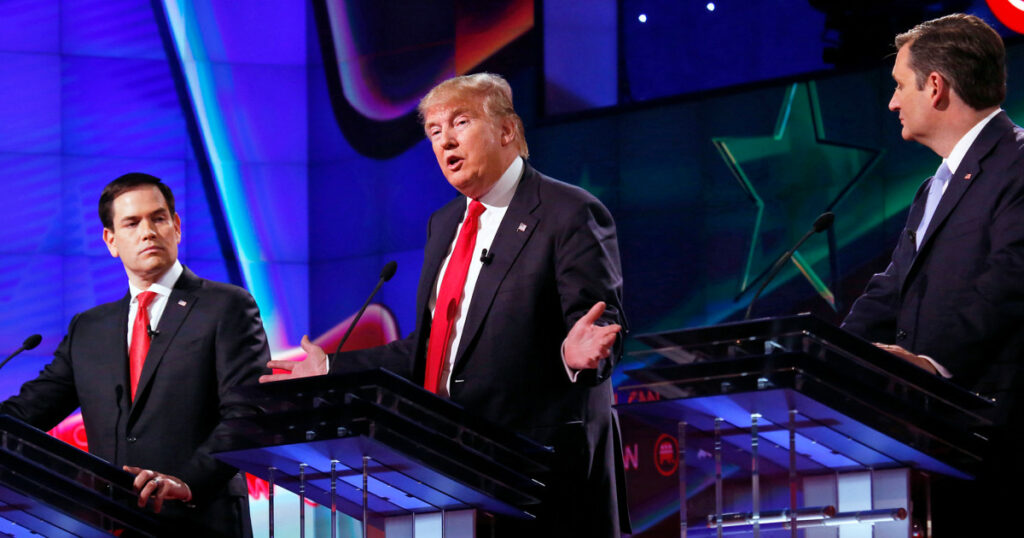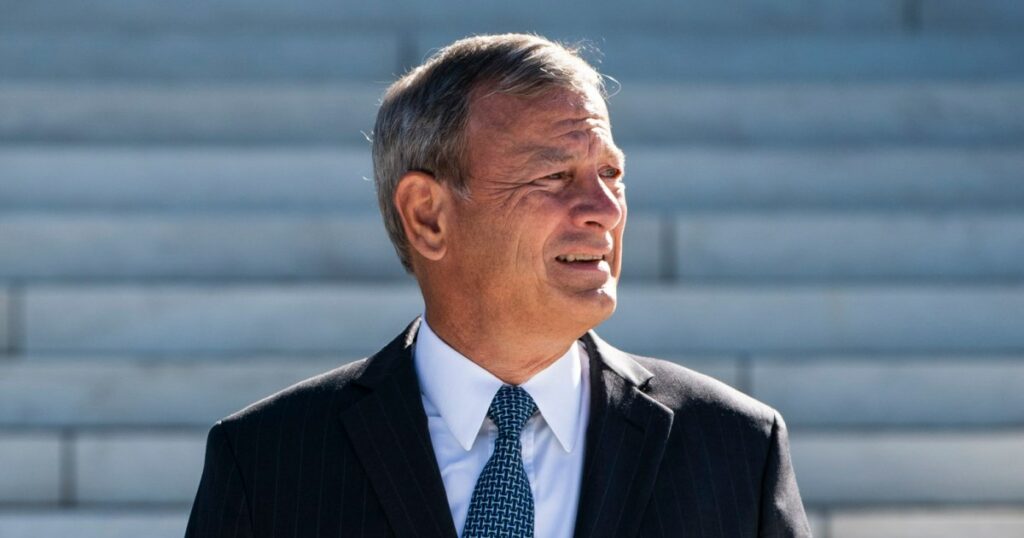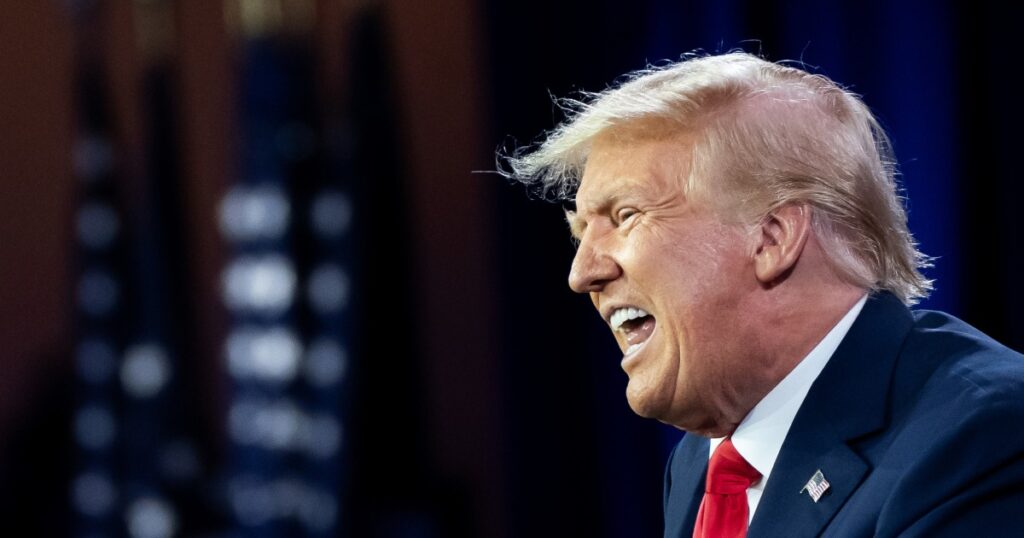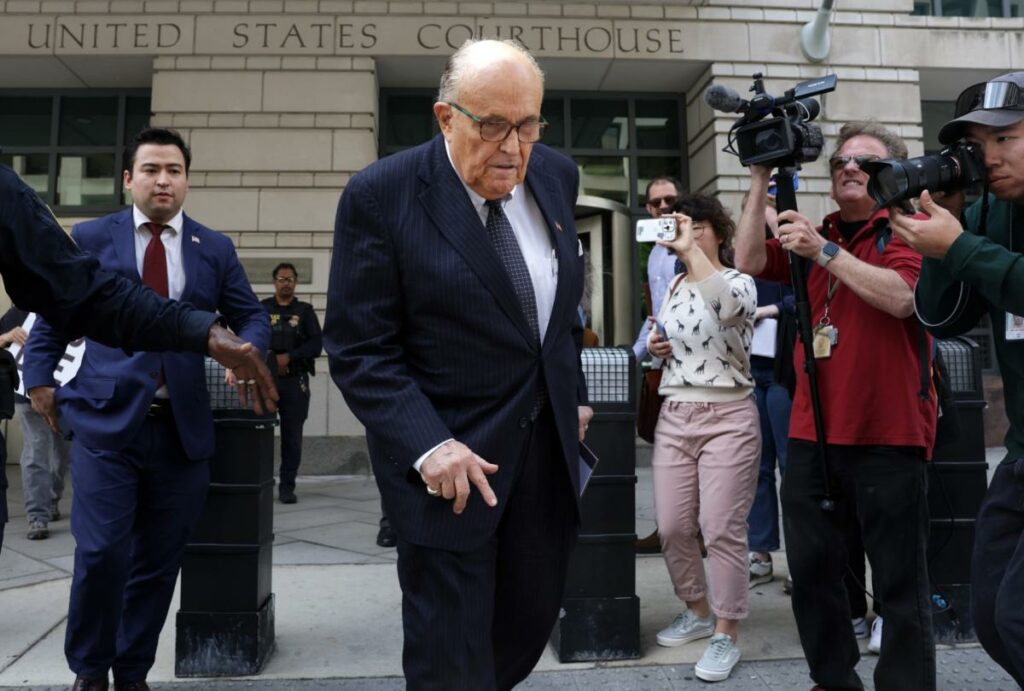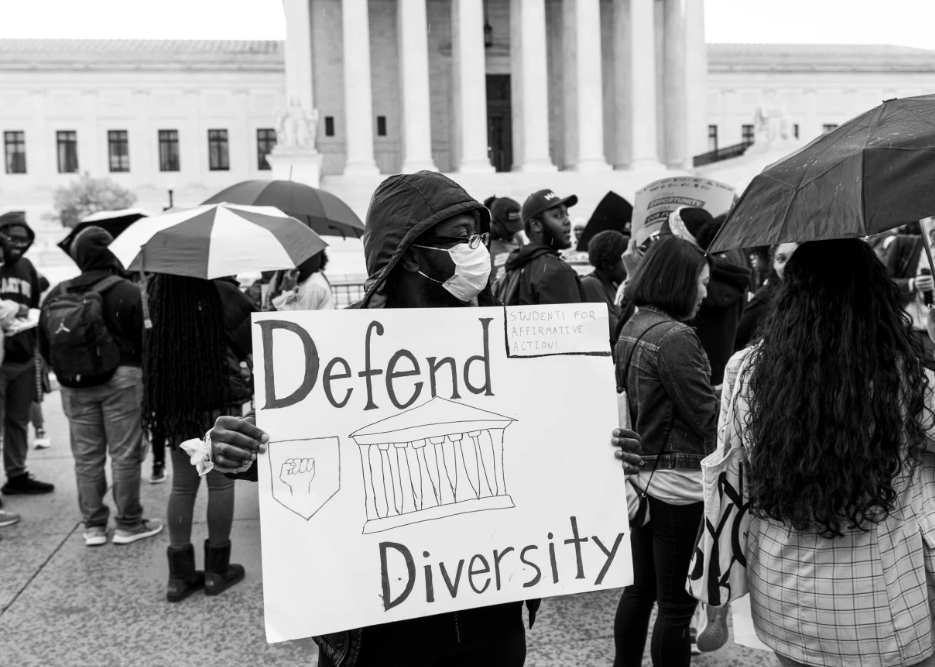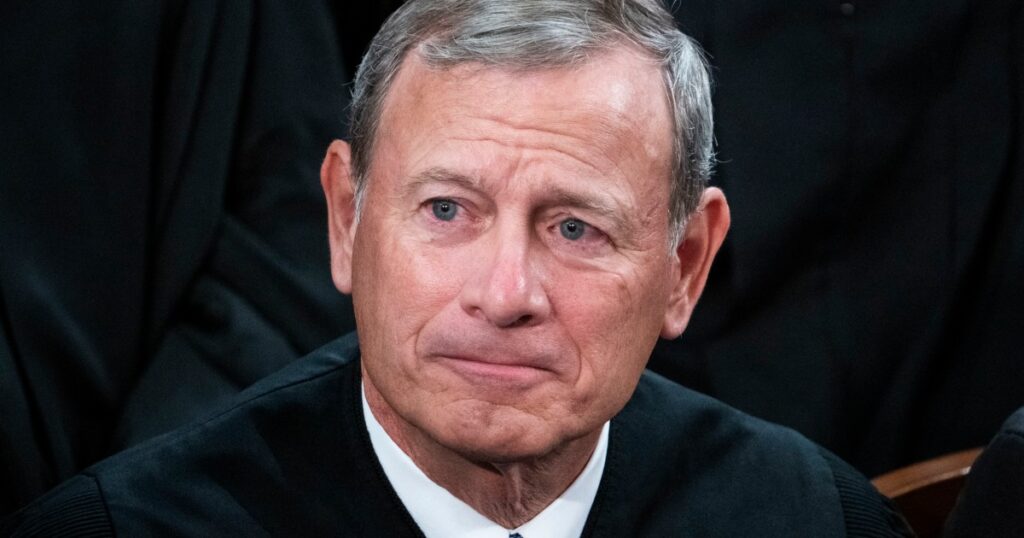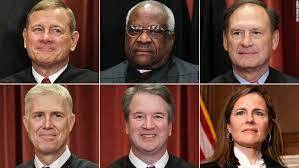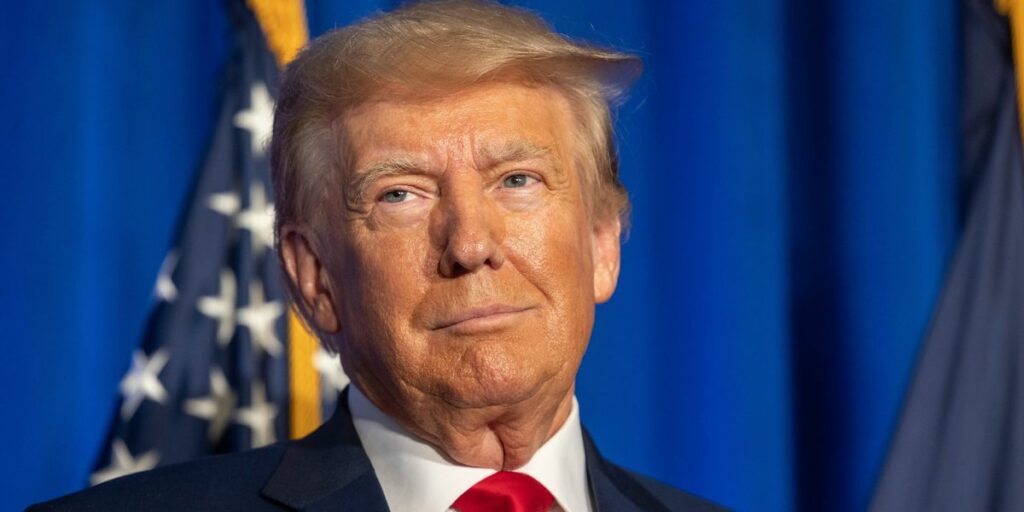Why Trump’s Republican Challengers Can’t Beat Him
Donald Trump’s Republican challengers are failing to make a dent in his popularity, despite his recent indictment on federal charges. While they scold him, his supporters continue to shower him with adulation. Recent polling shows that Trump’s standing has not been affected by the charges. So why are his rivals struggling to bring him down?
Fighting Trump on His Own Terms
One theory is that Trump’s rivals are fighting him on his own terms, using traditional political tactics that have proven ineffective against him. They are failing to use his own tools against him, allowing him to maintain his popularity and evade the consequences of his actions.
Delegitimizing the Investigation
Another reason for Trump’s resilience is the GOP’s strategy of delegitimizing the investigation and the Justice Department itself. By claiming that the charges are politically motivated and part of a larger conspiracy against Trump, they are appealing to his supporters’ distrust of the government. However, this strategy undermines the seriousness of the charges and prevents them from being taken seriously.
Confirmation Bias and Persecution Complex
Trump has cultivated a sense of persecution among his supporters, based on misinformation and conspiracy theories. This confirmation bias makes it difficult for his rivals to present facts that would challenge their beliefs. Trump himself would not hesitate to use insinuations and bigoted references against his rivals if the roles were reversed.
Go Low, Republican Hopefuls!
To have any chance of beating Trump, his Republican challengers need to adopt his tactics and go low. They should mock his personal failings, physical appearance, and behavior, just as he does to others. While this approach may be rude and unacceptable, it aligns with what Republican voters are looking for in a candidate.
The Danger of Cruelty and Bigotry
However, it is important to remember the consequences of Trump’s cruelty and bigotry. His insults were just the beginning of his harmful policies and actions. Unfortunately, the GOP has embraced this cruelty and bigotry, dehumanizing marginalized groups and promoting inhumane policies.
If Trump’s rivals want to have any chance of defeating him, they must be willing to confront him with the same tactics he uses. However, they must also be cautious not to embrace the cruelty and bigotry that has become a hallmark of the GOP.
Title: Why Trump’s “Rivals” are Secretly Handing Him the GOP Nomination – and the Undeniable Reason Behind It
Introduction:
The 2016 United States presidential election witnessed a political phenomenon that left many political pundits and analysts scratching their heads. Donald J. Trump, a businessman and reality TV star with no prior political experience, emerged as the Republican Party’s nominee. This unexpected turn of events led to speculation about the motives of Trump’s rivals, who seemed to inadvertently contribute to his success. This article aims to explore the underlying reasons behind Trump’s rivals’ actions and shed light on the undeniable factors that propelled him to secure the GOP nomination.
1. Fragmentation of the Republican Field:
One crucial factor that played into Trump’s hands was the fragmentation of the Republican field. With a record-breaking number of candidates vying for the nomination, the party’s support base was divided among various contenders. This division allowed Trump to capitalize on a significant portion of the Republican electorate, as his controversial and unorthodox style resonated with a specific segment of voters who felt disillusioned with traditional politicians.
2. Underestimation of Trump’s Appeal:
Trump’s rivals initially underestimated his appeal and dismissed him as a political sideshow. They failed to recognize the deep-seated frustration and anger among a significant portion of the American electorate. Trump’s ability to tap into this sentiment, coupled with his unfiltered and unconventional communication style, allowed him to connect with voters who felt ignored by the political establishment. By underestimating Trump’s appeal, his rivals inadvertently fueled his rise to prominence.
3. Media Attention and Free Publicity:
Trump’s rivals inadvertently contributed to his success by generating an unprecedented amount of media attention and free publicity for his campaign. Trump’s controversial statements and provocative behavior became the center of media coverage, overshadowing his opponents’ messages. This constant media exposure allowed Trump to dominate the news cycle, ensuring that his message reached a broader audience. Inadvertently, his rivals became the catalysts for his campaign’s visibility and success.
4. Failure to Coalesce Behind a Single Candidate:
As the primary season progressed, Trump’s rivals failed to coalesce behind a single candidate to challenge his nomination bid effectively. The lack of a unified front against Trump allowed him to maintain a consistent lead in the delegate count. The inability of his rivals to rally around a single alternative candidate diluted their collective strength and inadvertently handed Trump the nomination.
5. Strategic Calculations and Self-Preservation:
Lastly, some of Trump’s rivals may have made strategic calculations to secure their own political futures. By avoiding direct confrontation with Trump, they aimed to position themselves as potential allies or running mates in the event of his nomination. This approach allowed them to maintain a favorable relationship with Trump’s supporters while avoiding alienating themselves from his base. In doing so, they inadvertently contributed to Trump’s rise by not challenging him more forcefully.
Conclusion:
While the 2016 Republican primary race was filled with unexpected twists and turns, the rise of Donald Trump as the party’s nominee was undoubtedly influenced by the actions of his rivals. The fragmentation of the Republican field, underestimation of Trump’s appeal, media attention, failure to coalesce, and strategic calculations all played a role in inadvertently handing Trump the GOP nomination. Understanding these factors is crucial to comprehending the dynamics of the 2016 election and the lasting impact it had on American politics.

